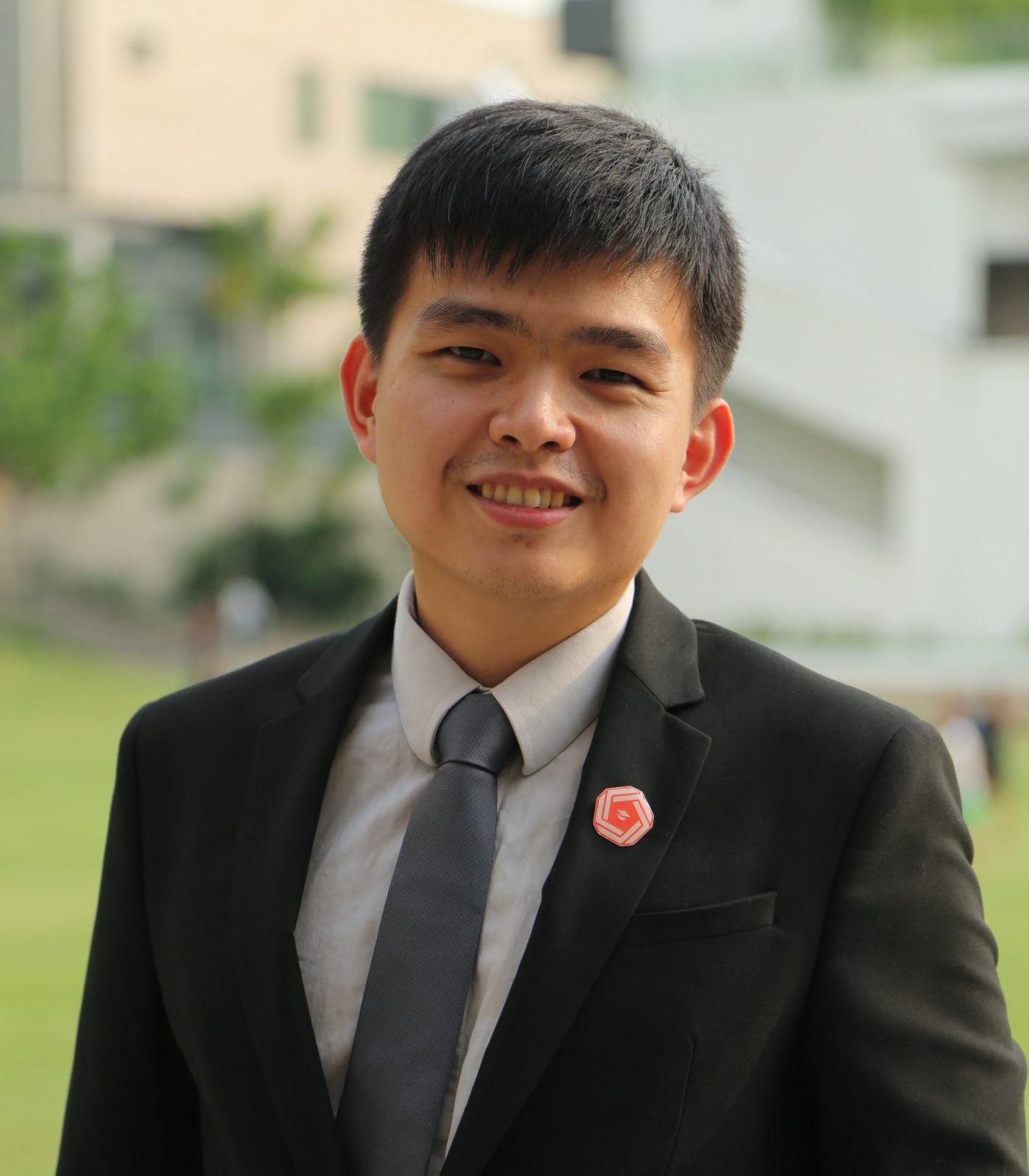
Oktoviano Gandhi
Nationality:
Indonesia
Current Job:
Co-founder and Research Fellow, Alva Energi and NUS
Graduation:
2020
Degree:
PhD
Faculty and Department:
Integrative Sciences & Engineering Programme
Undergraduate University:
University of Oxford, United Kingdom
Why did you choose to do graduate education at NUS? If you received offers from other universities, why did you pick NUS?
I wanted to pursue research on something that is practical and can be applied in real life relatively soon, not 10-20 years later. Singapore in general, and NUS in particular, are known for the generous funding in applied research. Moreover, after finishing my integrated Masters degree in the UK, I wanted to be closer to my family in Indonesia, and as the top university in Asia, NUS is an obvious choice.
How does graduate school compare to your undergraduate experience?
Graduate school gives me much more freedom than undergraduate course did. I was totally free to pursue my research interest and there are not as many structured or compulsory sessions to attend, which fits me better.
Briefly share about your research or thesis (i.e. dissertation topic for Masters by Coursework students).
With the widespread adoption of photovoltaic (PV) systems across the world, many researchers, industry players, and regulators have been exploring the use of reactive power from PV to support the grid. My thesis is the first to comprehensively quantify and analyse the techno-economic cost and benefits of reactive power support using PV. On top of formulating the cost of PV reactive power and identifying the feasible range of its monetary incentives, my thesis has also proposed practical methods to implement the reactive power dispatch effectively and efficiently, with and without communication infrastructure. The findings and approaches in my work can therefore help power system planners and operators towards better integration of PV into the electrical grid, both in terms of regulation and implementation.
Share something fun from your graduate journey at NUS.
As part of our PhD, we get to attend international conferences to present our research works. These conferences are great for a few reasons. Of course we learn a lot by getting direct feedback from other researchers in the field, and equally important is that we get to explore new cities and culture through these conferences. That is why I always chose to attend high quality conference in places that I had not visited to get the most out of PhD life!
Briefly share a highlight from your graduate school journey.
On top of doing research and publishing papers (which all PhD students need to do), I also joined and initiated social projects. Our social projects were to electrify rural villages in Indonesia by building solar energy microgrid. The villages that we visited did not have any access to electricity and therefore their days ended when the sun sets. For each project, we spent a week building the microgrid, training the villagers and working with a local NGO to make sure that the system is sustainable even after we leave. It was very fulfilling to be able to use our knowledge to help people who need it the most.
Share a challenge you faced in graduate school and how you overcame it.
When I first came to NUS, I wanted to pursue solar cell research (given my Physics background, solar cell fabrication is the only thing I know about the solar energy industry). However, my overarching goal was to increase the adoption of solar energy in developing countries, and solar cell research is still too far upstream for that goal. It took me a few months to learn more about the industry as a whole and a few more weeks to search for another research topic that I want to pursue for my PhD. It was a period of uncertainty as I was doubting what I wanted and could do. During that period, I consulted many potential supervisors (as I had to change supervisor if I decided not to pursue solar cell research), talked to senior PhD students from different labs and read a lot about the different parts of industry value chain. Fortunately, I also attended different modules and found what I wanted to do through attending a power systems module by Prof. Dipti Srinivasan, who then accepted me as her PhD student.
How did your experiences as a graduate student shape and guide you in your current career?
Because of my PhD experience in NUS, I started to appreciate the role of research for the society and the importance for science-based policy/decision-making. This has given me the motivation to advance research in developing countries, especially in my home country, Indonesia, and other Southeast Asian countries.
What message would you like to give to students interested in graduate studies in NUS?
Explore as many different things as possible and always give your best in what you do (not just research!). You don’t know what you don’t know and you might just find your PhD topics from doing things that you thought are inconsequential.
